Members of the Nairobi County Assembly ICT Committee have raised concerns over the management of the Nairobi Revenue System (NRS) saying a number of irregularities are currently at play.
A statement by the committee members on Friday, October 27 detailed seven Key issues they say are raising eyebrows on the transparency and accountability of the NRS.
The ICT committee members led by Kileleshwa MCA Robert Alai say despite Section 157 (1) & (2) of the Public Finance Management Act, 2012 mandating the County Executive Committee member for finance to designate persons to be responsible for collecting, receiving, and accounting for county government revenue, the same is not the case with Nairobi.
"Both the current and the previous CECM Finance in the County are not aware of the owners of the current collector and manager of the current revenue system in the County, popularly known as the Nairobi Revenue System (NRS)," the committee members said in a statement.
Read More
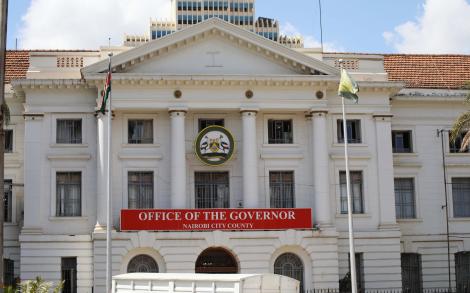
According to them, the Finance and ICT CECs are also clueless about the whereabouts of the servers that run the system.
The group claims that there are no valid contracts existing in which Nairobi County has appointed the Nairobi Revenue System to be its principal collector.
"There has never been a complete audit of all revenue systems deployed in Nairobi City County since the advent of devolution to provide the accountability the public needs on this key infrastructure," the MCAs said.
"The CECM Finance do not have administrative rights to the current revenue collection system; It is not clear how many bank accounts are linked with the revenue collection system," they stated.
The MCA noted that Nairobi has a potential of 25 revenue streams. Of this, only 8 are automated while 17 are not.
The ones not automated majorly collect Cess from markets.
Failure to automate all revenue streams, the MCAs say, has led to low revenue being collected with the group claiming that only 10 per cent of total revenue is declared.
"In the previous financial year, Nairobi County is reported to have received Sh15 billion from the national government and collected just over Sh10 billion from its own source revenue," they said.
"We believe that it is possible that Nairobi County raises much more than this figure and are confident that it is even capable of raising as much as Sh43 billion annually from its own revenue sources. We are casting a deep shadow on the revenue reported because there are some major gaps in the way the whole program is set up."
The group went on to raise concerns over claims of sub-contraction of revenue collection by KRA and then to the Nairobi Revenue System in an unclear and un-procedural way.
ICT Members say the revenue declared now as having been collected from Nairobi is far below the amount expected.
"Automation shouldn’t end on the revenue streams. Non-revenue function automation is an aspect forgotten in the campaign by the President," the MCA stated.
"We call upon the President to initiate similar changes in devolved units, beginning with the highly strategic Nairobi City County. It is Ame the county-operated an organization-wide ICT system also known as ERP instead of the present use of disjointed systems which do not communicate with each other."
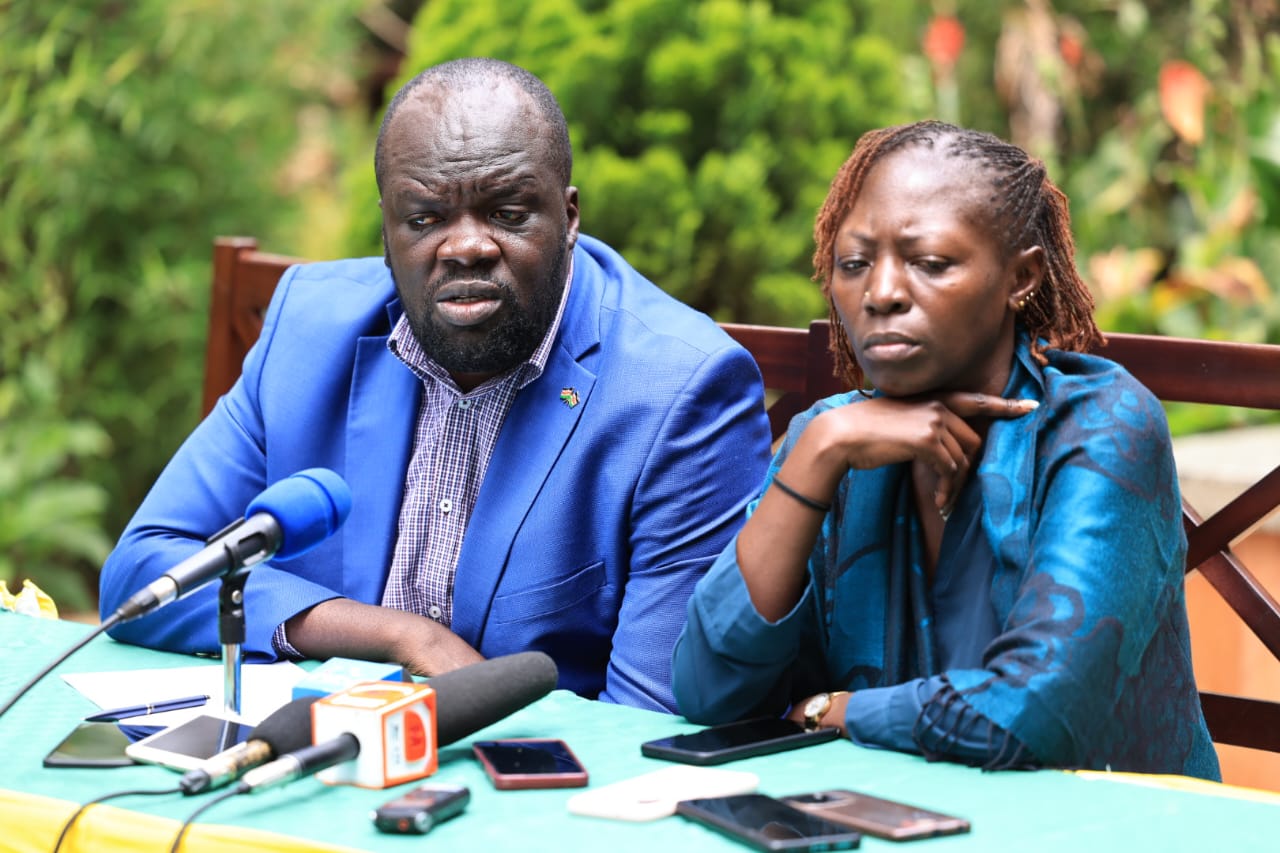

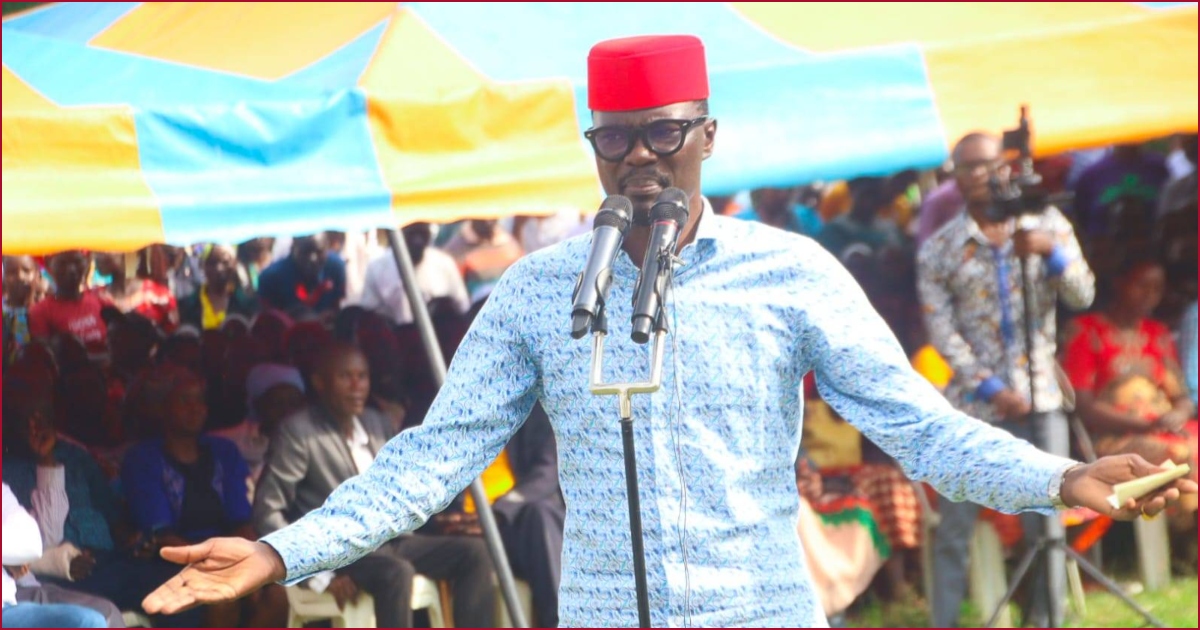
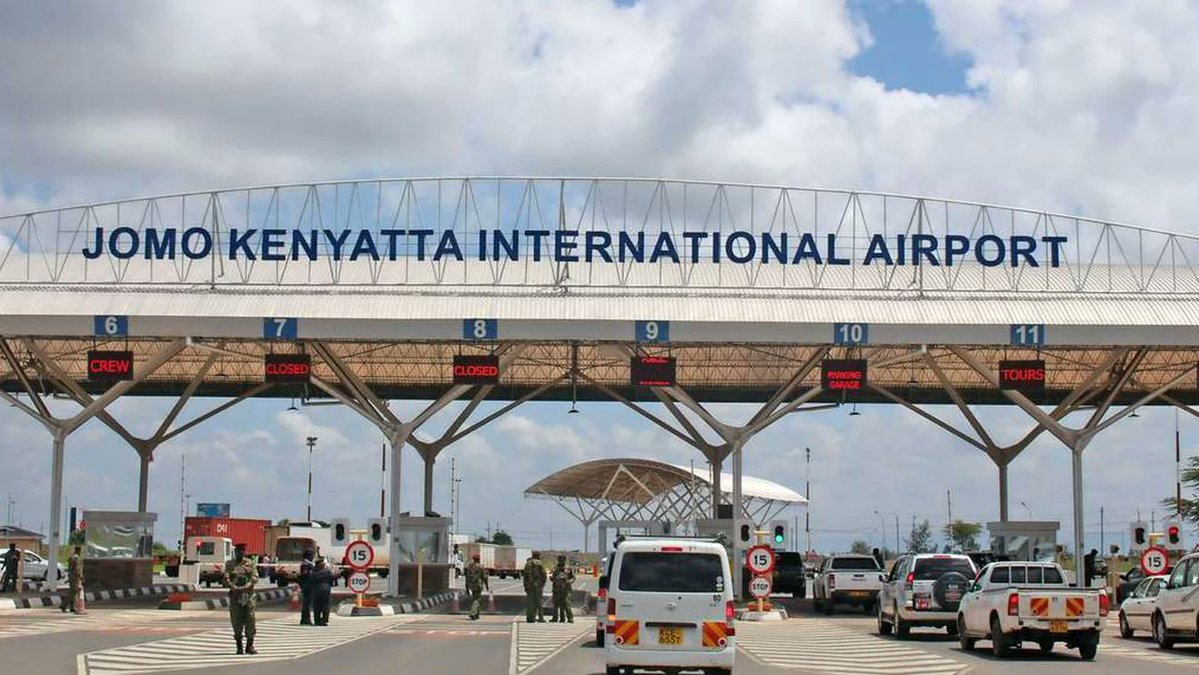
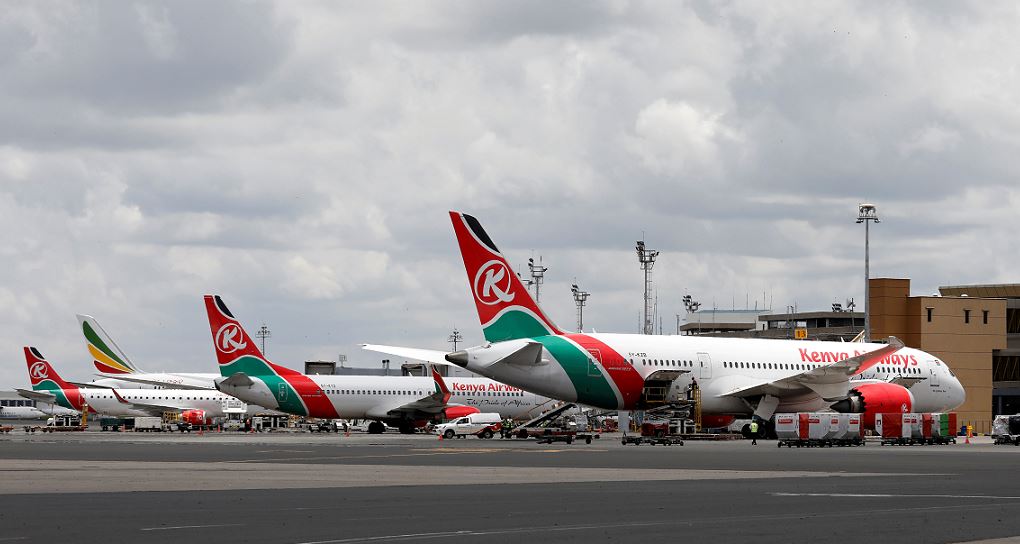
-1670665275.jpg)
